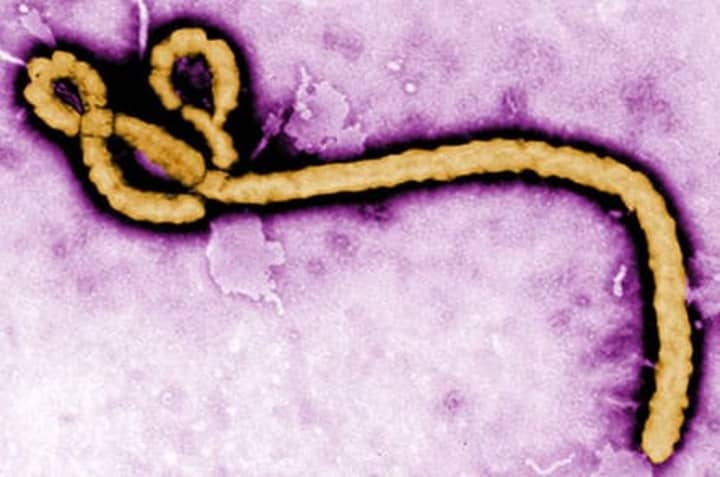The requirements include mandatory active monitoring of any individual returning to Connecticut after traveling from a country in West Africa affected by the Ebola outbreak as well as quarantine for individuals based on risk factors. The final determinations are to be reviewed on a case-by-case basis, Malloy said in a statement.
Earlier this month, Malloy signed an order granting the commissioner of the state Department of Public Health the power to quarantine people who have met the threshold for such action.
As of last week, the department had issued four quarantine orders in the state involving nine people. One order involving one person has been rescinded based on a review of additional information related to travel activities. Currently, eight people remain under quarantine in Connecticut.
“We have taken this situation very seriously for months,” said Malloy. “With the news of a recent traveler with Ebola in neighboring New York, it is critical that we look at each case on an individual basis. The protocols outlined here will ensure that we have the ability to take preventative action that will protect public health, utilizing the best information we have and the expertise of our public health officials. DPH will continue to err on the side of caution in each and every circumstance.”
Under these protocols, DPH is working with federal authorities and is notified of travelers arriving in Connecticut from Guinea, Liberia and Sierra Leone. All such travelers will be subject to 21 days of active mandatory monitoring, and Connecticut’s DPH will review each case and determine whether additional steps beyond monitoring are necessary based upon a person’s travel history and potential exposure.
Under active monitoring, local health directors contact individuals daily to obtain their temperatures and determine whether they have developed any symptoms of illness.
“Once the traveler has arrived in Connecticut, they are interviewed by local health department staff or by an epidemiologist from the Connecticut DPH," DPH Commissioner Dr. Jewel Mullen said. "Detailed information is obtained by these public health officials about the person’s travel and whether they potentially could have been exposed to Ebola. Epidemiological experts at DPH assess this information, including the quality of the information collected. We then discuss, and decide on the appropriate steps to protect the public’s health — erring always on the side of caution.”
If the commissioner deems it necessary, a quarantine will be required. Under these guidelines, a person held under quarantine is not sick, but is kept away from other people because they may have been exposed to an infectious or contagious disease.
The state’s isolation procedure will be implemented once a person is exhibiting symptoms, so that further infection of other people can be prevented.
For more information, visit the state’s Ebola website at www.ct.gov/ebola.
Click here to follow Daily Voice Stamford and receive free news updates.


